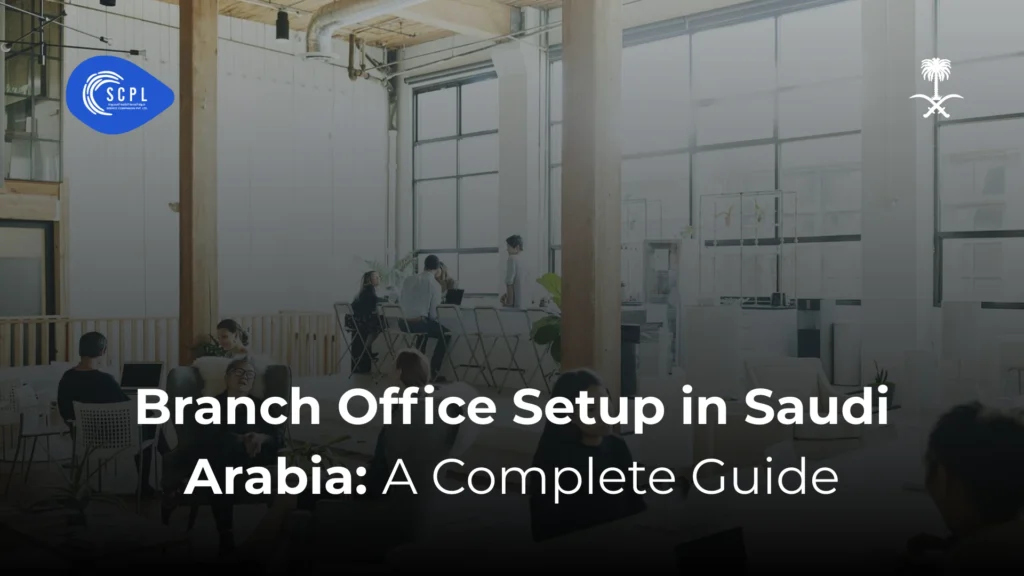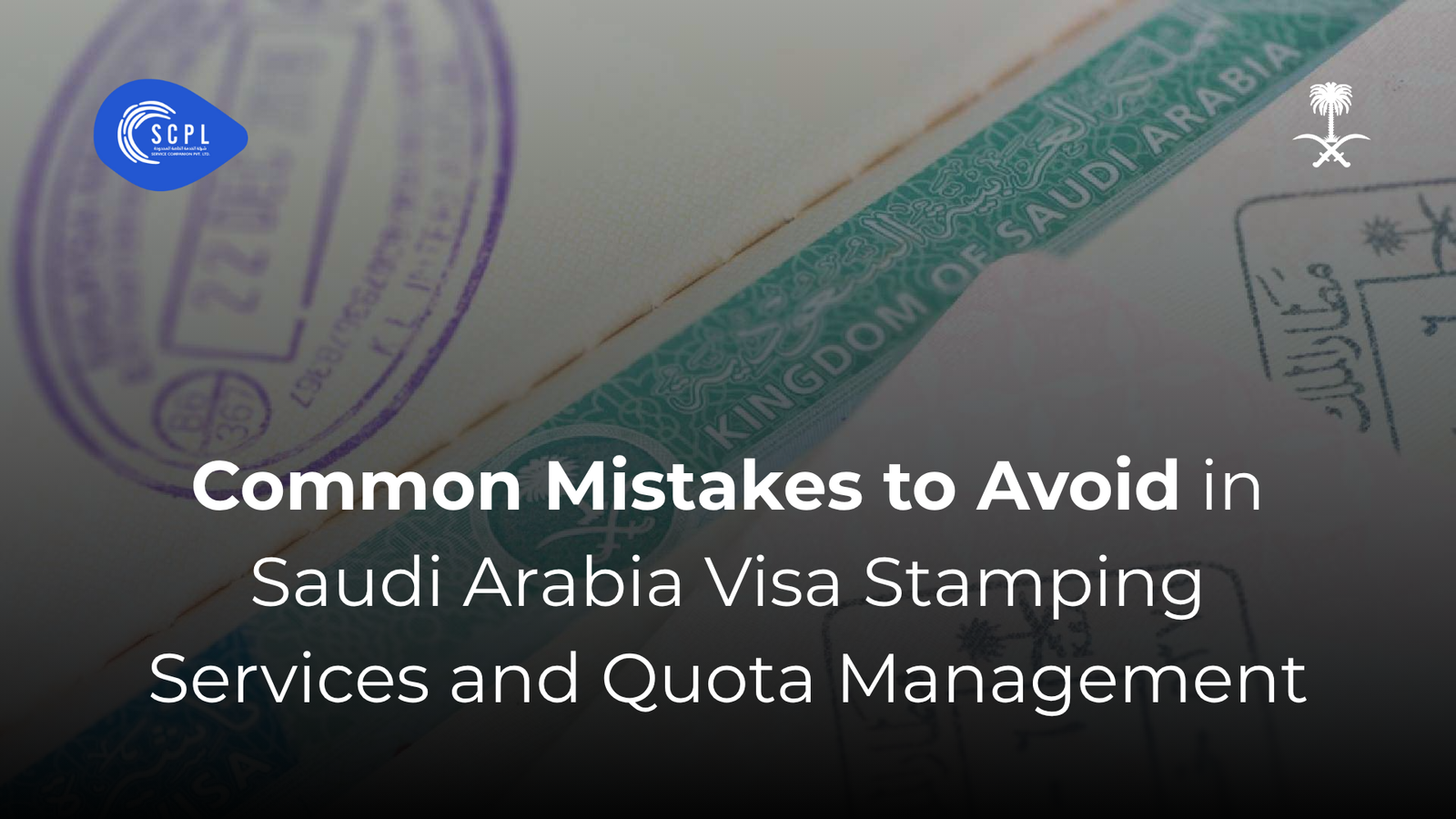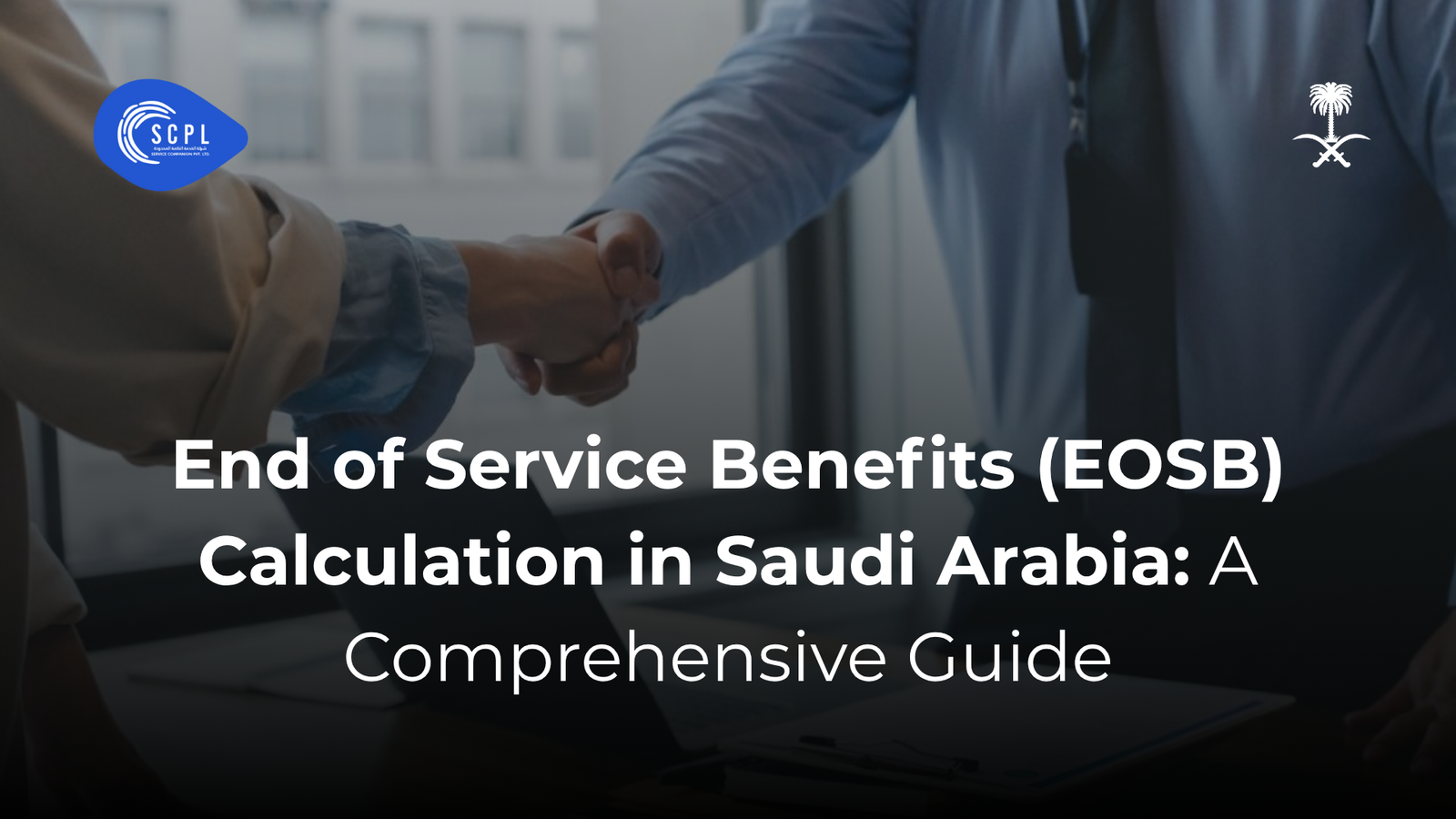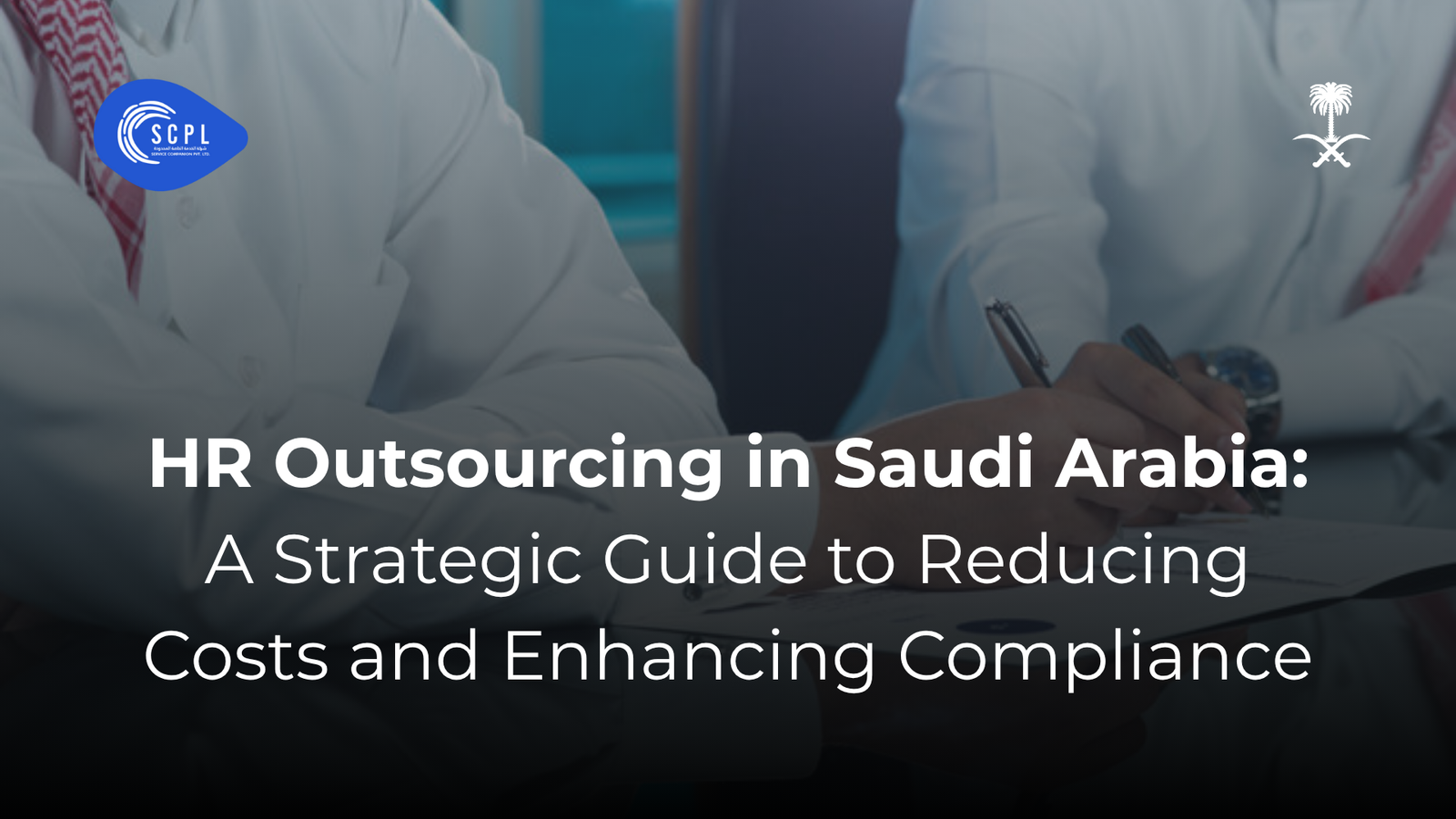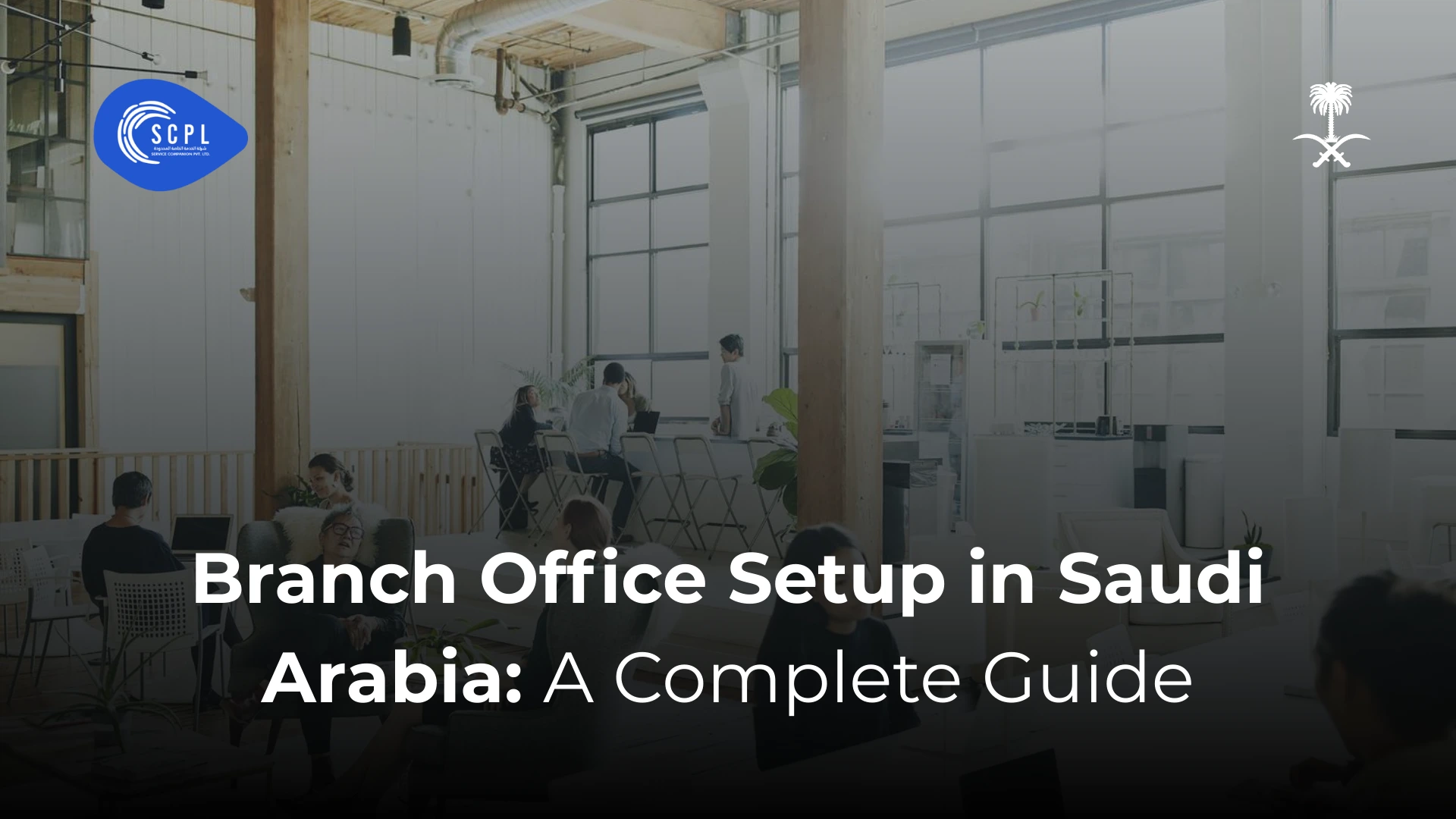Estimated reading time: 9 minutes
Key Takeaways
- A Saudi branch lets foreign companies establish a direct legal presence while keeping activities aligned with the parent company.
- MISA licensing, Ministry of Commerce registration, and sector approvals are central to compliance.
- Timeline: Typically around 7 months from preparation to operational go-live.
- Capital: Commonly SAR 500,000+ (industry variations may apply) and a local bank account are required.
- Taxes: Corporate tax at 20% on Saudi-sourced income; VAT standard rate at 15% with regular filings and audited statements.
- Success hinges on meticulous documentation, cultural fluency, and experienced local guidance.
Introduction
Setting up a branch office in Saudi Arabia is a strategic move for international companies seeking to access one of the Middle East’s most dynamic and reform-driven economies. As a gateway to the broader MENA region, the Kingdom—backed by Vision 2030—offers streamlined regulations, high-growth sectors, and strong infrastructure for global expansion.
Bottom line: With the right planning and local support, a Saudi branch can accelerate regional scale, strengthen credibility, and reduce friction for market entry.
Benefits of Establishing a Branch Office in Saudi Arabia
Strategic Geographic Advantage
- Direct access to MENA’s 400+ million consumers
- Central location for regional operations
- Enhanced logistics and distribution capabilities
Market Opportunities
- Access to Saudi’s $800+ billion GDP economy
- Growing consumer market
- Diverse sector opportunities
Government Support
- Tax exemptions in Special Economic Zones (SEZs)
- Streamlined licensing processes
- Investment-friendly policies
Brand Enhancement
- Increased local credibility
- Direct customer relationships
- Access to local talent pool
Tip: A branch amplifies your brand’s visibility and control, especially for service-led sectors that benefit from in-country presence.
Understanding the Legal Framework
Regulatory Requirements
- Foreign Investment Law compliance
- MISA (formerly SAGIA) licensing
- Sector-specific regulations
Key Documentation Needed
- Certificate of incorporation
- Articles of association
- Notarized power of attorney
- Local manager appointment letter
Legal Structure
- Full parent company liability
- Activities must mirror parent company
- Trading activities prohibited
Important: A branch is an extension of the foreign parent—liabilities and compliance obligations flow directly back to the head office.
Step-by-Step Setup Guide
Phase 1: Initial Preparation
- Conduct thorough market research
- Analyze competition landscape
- Review regulatory requirements
- Choose optimal business structure
Phase 2: Documentation & Registration
- Appoint Saudi service agent (if required)
- Prepare required documentation
- Submit to MISA and Ministry of Commerce
- Average timeline: 7 months
Phase 3: Financial Setup
- Minimum capital: SAR 500,000+
- Industry-specific requirements may apply
- Local bank account establishment
Phase 4: Operational Implementation
- Secure physical office space
- Hire local staff
- Set up administrative systems
Quick snapshot: Budget for licensing, office lease, banking, audit, and HR. Build a realistic 6–8 month project plan with milestones for approvals and onboarding.
Taxation and Financial Compliance
Corporate Taxation
- 20% rate on Saudi-sourced income
- Annual tax returns required
- Audited financial statements mandatory
Value Added Tax (VAT)
- Standard rate: 15%
- Regular filing requirements
- Proper documentation essential
Accurate bookkeeping and timely returns are critical—non-compliance can lead to penalties and delays in operations.
Cultural and Business Practices
Building Relationships
- Prioritize face-to-face meetings
- Invest in networking
- Understand local business customs
Religious Considerations
- Respect prayer times
- Observe Islamic holidays
- Follow appropriate dress codes
Professional Support
- Engage local consultants
- Understand cultural nuances
- Build strong local partnerships
Common Challenges and Solutions
Primary Challenges
- Complex regulatory environment
- Extended licensing timelines
- Strict documentation requirements
- Cultural adaptation
Effective Solutions
- Partner with experienced consultants
- Maintain thorough documentation
- Build strong local relationships
- Invest in cultural training
Success Stories and Case Studies
Tech Company Example
- Outsourcing registration to local experts
- Following documentation requirements precisely
- Building strong government relationships
Takeaway: Early alignment with regulators and airtight paperwork dramatically reduces delays.
Essential Resources and Support
Government Resources
- MISA portal
- Ministry of Commerce
- GAZT (tax authority) resources
Professional Support
- Company formation specialists
- Legal consultants
- Business advisory services
Conclusion
Establishing a branch office in Saudi Arabia requires careful planning, precise documentation, and patience. While the process can be complex, the Kingdom’s scale and momentum make it a compelling choice for global expansion.
Success depends on:
- Thorough preparation
- Strict compliance
- Cultural adaptation
- Professional support
Take the Next Steps
- Review your business plan
- Consult with specialists
- Gather required documentation
- Begin the registration process
Professional guidance can smooth your entry and help ensure long-term success.
Why Choose SCPL for Your Branch Office Setup in Saudi Arabia
Launching a branch in the Kingdom is high-stakes—licenses, banking, HR, and compliance must all align. SCPL streamlines every step with proven Saudi market expertise so you can focus on growth.
- Business Setup & Licensing: MISA/SAGIA licensing, Ministry of Commerce registration, and end-to-end advisory.
- Finance & Compliance: ZATCA registration, VAT filing, bookkeeping, and statutory audits to keep you compliant from day one.
- HR Outsourcing & Payroll: Local hires, payroll processing, and ongoing HR compliance aligned with Saudi labor laws.
- Recruitment Solutions: Local and international talent acquisition tailored to branch needs.
- Workspaces: Co-working and private offices in Dammam & Riyadh for fast operational start-up.
- IT & Digital Solutions: Websites, IT support, and digital marketing to activate market presence quickly.
Your advantage: One partner for licensing, compliance, HR, and office set-up—reducing risk, compressing timelines, and ensuring alignment with Saudi regulations.
Speak with SCPL to map your branch setup roadmap and get a tailored, sector-specific plan.
FAQ
How long does it take to set up a branch in Saudi Arabia?
On average, around 7 months from preparation to full operational readiness, depending on sector approvals and document readiness.
What is the minimum capital requirement?
Typically SAR 500,000+. Certain industries may require higher capital thresholds.
Can a branch conduct trading activities?
No. Branches are generally restricted from trading activities and must mirror the parent company’s scope of services.
Do I need a local partner or sponsor?
A local partner is not required for a branch, but a Saudi service agent may be needed in some cases, and local representation is strongly recommended.
What are the tax obligations for a branch?
Corporate tax at 20% on Saudi-sourced income, 15% VAT where applicable, annual returns, and audited financial statements are required.
How important is cultural understanding?
Very. Building trust via in-person meetings, respecting prayer times, and understanding local business etiquette significantly improves outcomes.
Get a Free Consultation
Ready to establish your Saudi branch with confidence? Speak to SCPL’s experts for a tailored roadmap and clear next steps.
